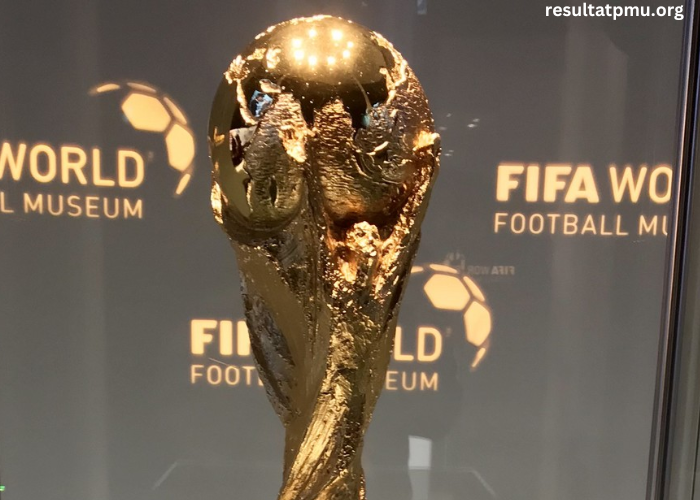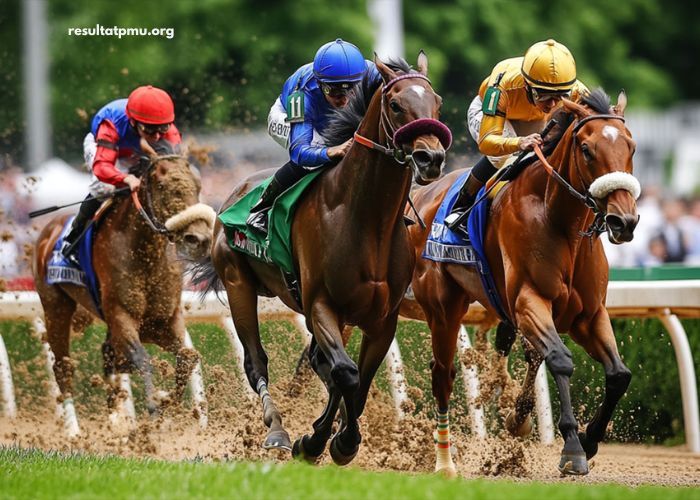The Coupe Du Monde, or the FIFA World Cup as it is known in English, stands as one of the most prestigious and celebrated sporting events globally. It is a tournament that transcends borders and cultures, uniting people from all corners of the earth in their shared passion for football. This article provides an in-depth exploration of the Coupe Du Monde, examining its history, significance, impact, and the excitement that surrounds this grand spectacle.
The Origins and Evolution of the World Cup
The inception of the Coupe Du Monde dates back to the early 20th century, a period marked by rapid changes in the world of sports. The idea of an international football competition was first proposed by Jules Rimet, the then-president of FIFA, in the 1920s. Rimet envisioned a tournament that would bring together the best national teams from around the world, fostering a spirit of global competition and camaraderie.
The inaugural World Cup took place in 1930 in Uruguay, a country that had recently celebrated its centenary of independence and was also the Olympic football champion. The tournament was a modest affair by today’s standards, featuring 13 teams, including only four from Europe. Despite its humble beginnings, the event was a resounding success, setting the stage for what would become the world’s premier football competition.
Over the years, the Coupe Du Monde has grown exponentially in scale and significance. The tournament’s format has evolved, expanding from its initial 13 teams to a current format that includes 32 teams, with plans to increase this number to 48 in future editions. The competition has also seen a variety of host nations, each contributing its unique flavor to the tournament’s atmosphere.
The Significance of the World Cup
The Coupe Du Monde holds immense significance beyond the realm of football. It is a symbol of national pride, unity, and cultural exchange. For participating countries, winning the World Cup is the pinnacle of sporting achievement, a testament to the strength, skill, and dedication of their teams. The trophy itself, known as the FIFA World Cup Trophy, is a highly coveted prize that embodies the dreams and aspirations of millions of football fans worldwide.
The World Cup also serves as a global stage for showcasing footballing talent. Many of the game’s greatest players have left their mark on the tournament, from Pelé and Diego Maradona to Lionel Messi and Cristiano Ronaldo. The World Cup provides an opportunity for emerging talents to make a name for themselves on the world stage, often catapulting them to international stardom.
Moreover, the Coupe Du Monde acts as a catalyst for cultural exchange and understanding. The tournament brings together people from diverse backgrounds and cultures, fostering a sense of global unity through a shared love of the game. It is a celebration of human achievement and cooperation, transcending political and social boundaries.
The Impact of the World Cup
The impact of the Coupe Du Monde extends far beyond the football pitch. The tournament has significant economic, social, and cultural effects on host nations and the global community.
Economically, hosting the World Cup can bring substantial benefits to a country. The influx of tourists, media coverage, and sponsorship deals generate significant revenue for the host nation. Additionally, the tournament stimulates investment in infrastructure, including stadiums, transportation, and hospitality, which can have long-term benefits for the country’s economy.
Socially, the World Cup fosters a sense of community and national pride. The tournament brings people together, creating a shared experience that transcends individual differences. For many, the World Cup is a time of celebration and camaraderie, as fans unite to support their teams and revel in the joy of the game.
Culturally, the Coupe Du Monde has a profound impact on global football and beyond. The tournament showcases the diversity of footballing styles and traditions, enriching the sport and inspiring future generations of players and fans. The World Cup also serves as a platform for cultural exchange, as host nations highlight their unique customs and heritage to a global audience.
Memorable Moments and Iconic Matches
The Coupe Du Monde has produced countless memorable moments and iconic matches that have become part of football lore. From stunning goals and dramatic comebacks to controversial incidents and historic upsets, the tournament has provided fans with unforgettable experiences.
One of the most iconic moments in World Cup history occurred in 1970 when Pelé led Brazil to victory with his exceptional performance and three goals in the final against Italy. Pelé’s brilliance on the field, coupled with Brazil’s attacking flair, solidified their status as one of the greatest footballing nations.
Another memorable moment came in 1986 when Diego Maradona scored the famous “Hand of God” goal and the “Goal of the Century” in a quarter-final match against England. Maradona’s performance, marked by his extraordinary skill and controversial handball, remains one of the most talked-about episodes in World Cup history.
The 2014 World Cup in Brazil provided another dramatic chapter, with Germany’s Mario Götze scoring the winning goal in extra time of the final against Argentina. Götze’s goal, which secured Germany’s fourth World Cup title, was celebrated as a testament to the team’s resilience and skill.
These moments, among many others, have contributed to the World Cup’s rich tapestry of history and continue to captivate fans worldwide.
The Future of the World Cup
As the Coupe Du Monde looks towards the future, several exciting developments and challenges lie ahead. The expansion of the tournament to include 48 teams starting from 2026 represents a significant change, aimed at increasing global representation and providing more opportunities for countries to participate.
The future also promises advancements in technology and innovation, enhancing the tournament experience for fans and players alike. The integration of digital platforms, enhanced broadcasting techniques, and advanced analytics are likely to play a crucial role in shaping the future of the World Cup.
However, the tournament also faces challenges, including concerns about sustainability and the environmental impact of hosting large-scale events. The need for environmentally friendly practices and responsible resource management will be essential as the World Cup continues to grow and evolve.
Additionally, maintaining the integrity and fairness of the competition remains a priority. Efforts to address issues such as corruption, match-fixing, and disparities between teams will be crucial in ensuring the continued success and credibility of the tournament.
Conclusion
The Coupe Du Monde stands as a celebration of football, a testament to human achievement, and a symbol of global unity. Its rich history, cultural significance, and enduring impact make it one of the most revered and anticipated sporting events in the world. As the tournament continues to evolve, it will undoubtedly continue to inspire and captivate audiences, uniting people through their shared love of the beautiful game.
The World Cup is more than just a football tournament; it is a global phenomenon that transcends the boundaries of sport, bringing together people from all walks of life to celebrate their passion for football and their shared humanity. As we look to the future, the Coupe Du Monde will undoubtedly remain a beacon of excellence and a source of joy for generations to come.




